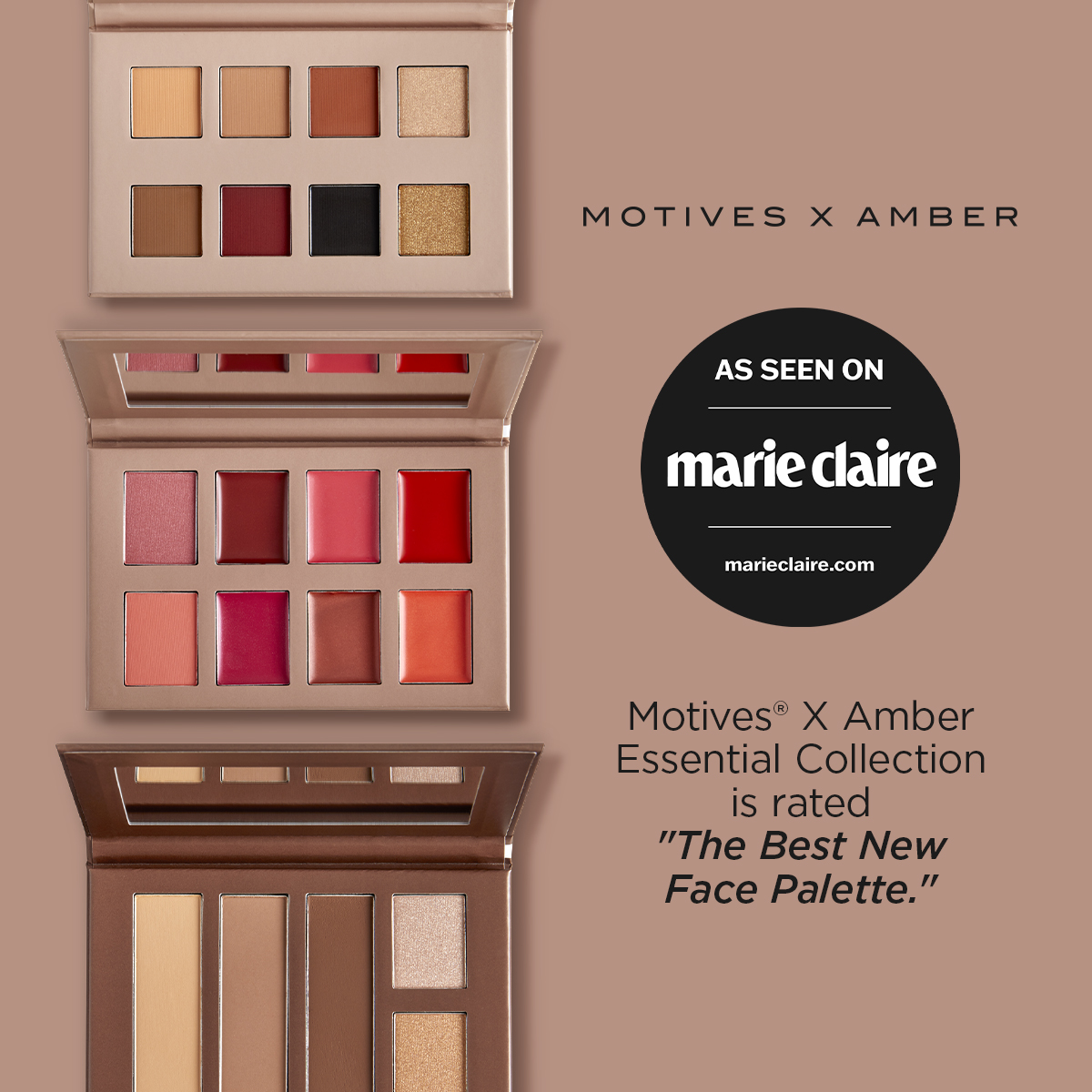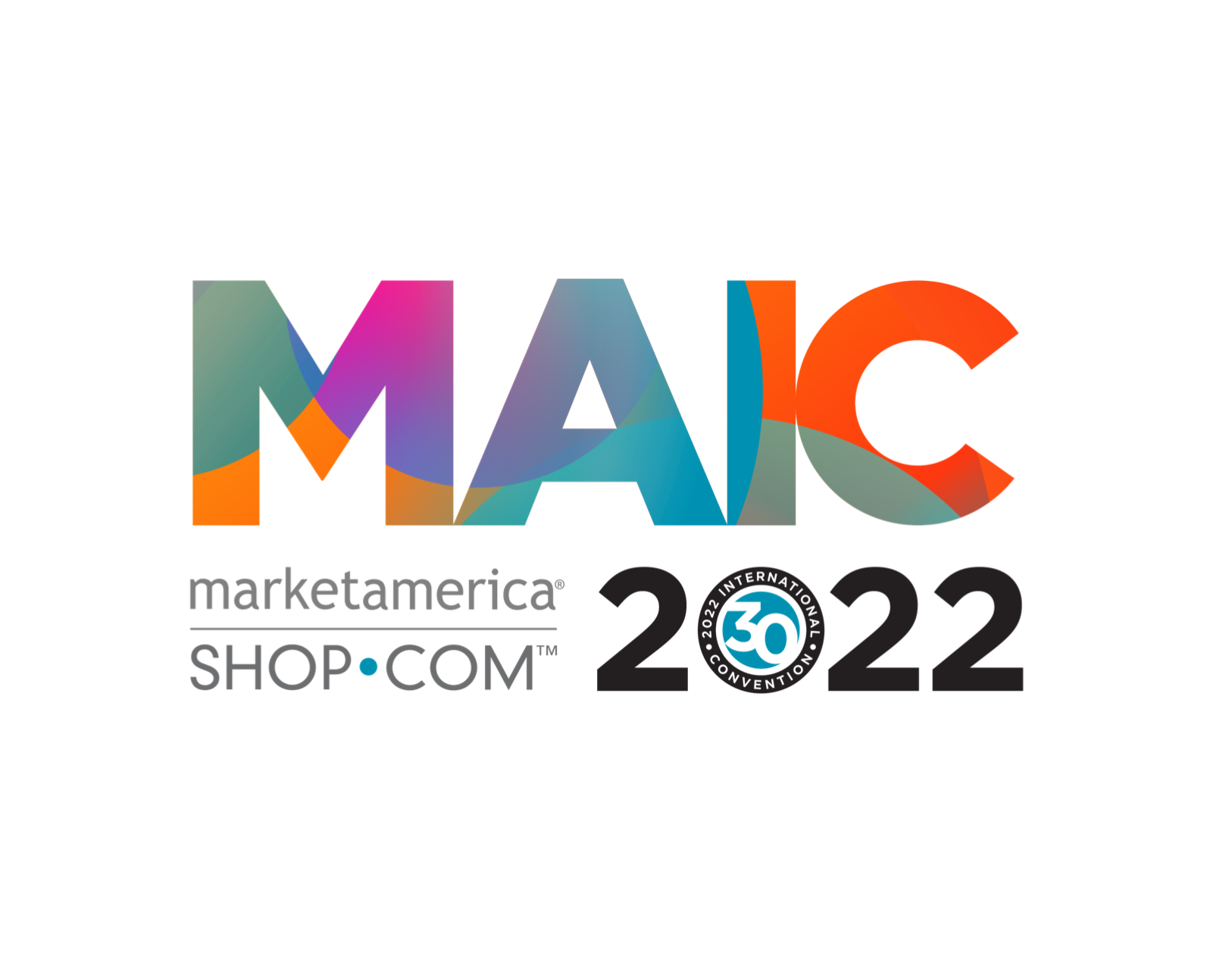Questions about egg freezing come up often for women in their late 20’s and early 30’s who aren’t quite ready to have a baby, but don’t want to rule it out later in life. Freezing your eggs for the future could be a great option for you, but it isn’t a decision to take lightly so it’s important to be informed. Read this recap of a great Q&A on CNN [You can check out the full article here].
Freezing Your Eggs: What You Need to Know
- How old should I be when I freeze my eggs? Younger eggs freeze better and are able to withstand the process. Your 20’s and 30’s is the best time.
- It is possible that I could run out of eggs if I start freezing them? No. The eggs that are frozen are eggs that would have been lost.
- Will my insurance cover egg freezing? Most insurance will not cover this process because it’s an elective procedure.
- How long do the frozen eggs last? This question really can’t be answered. It’s new science and technology that’s only been around for about 10 years. It’s constantly being tested.
- Will a baby created from frozen eggs be just as healthy as a baby who is naturally conceived? According to Dr. Jeffrey Steinberg, who was interviewed for the CNN special report, “Occasional studies examining the very fine health details of IVF babies versus their non-IVF counterparts have shown that there may be a very slight increase in birth defects or subsequent health problems in IVF babies.”
Celebs like Kim Kardashian, Sofia Vergara and Jennifer Love Hewitt have been open about the egg freezing process in the press, which has raised awareness. Have you ever thought about freezing your eggs? What’s been your experience?






